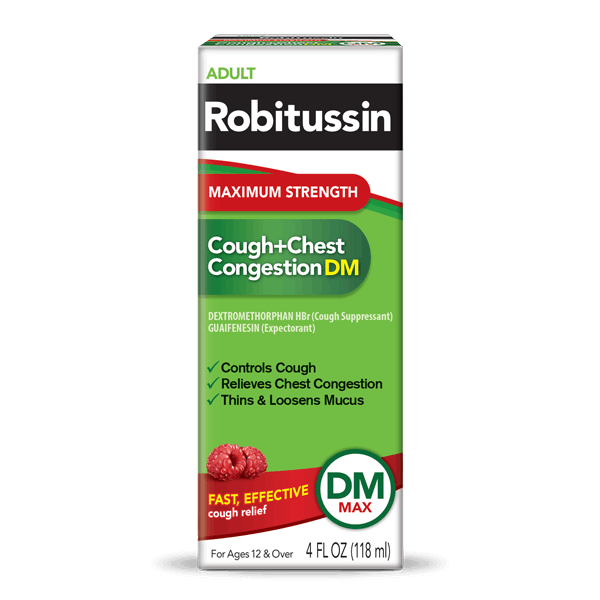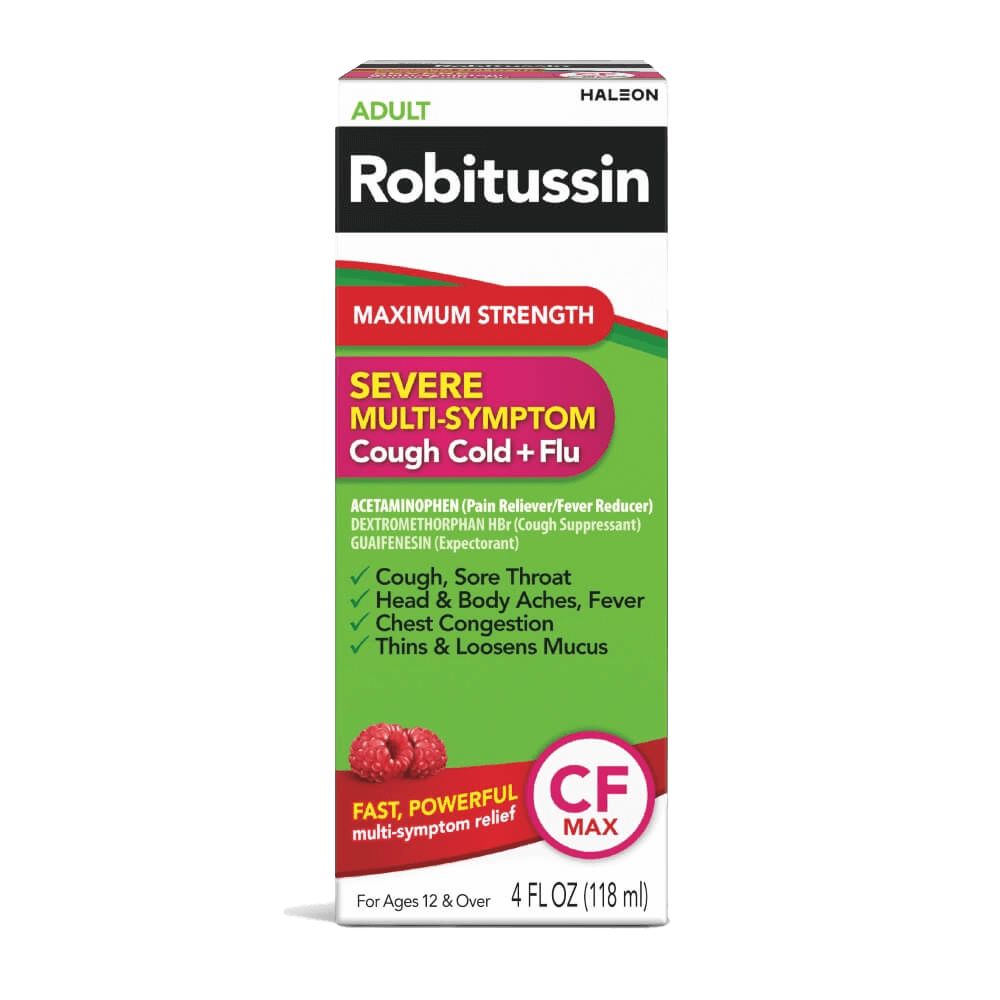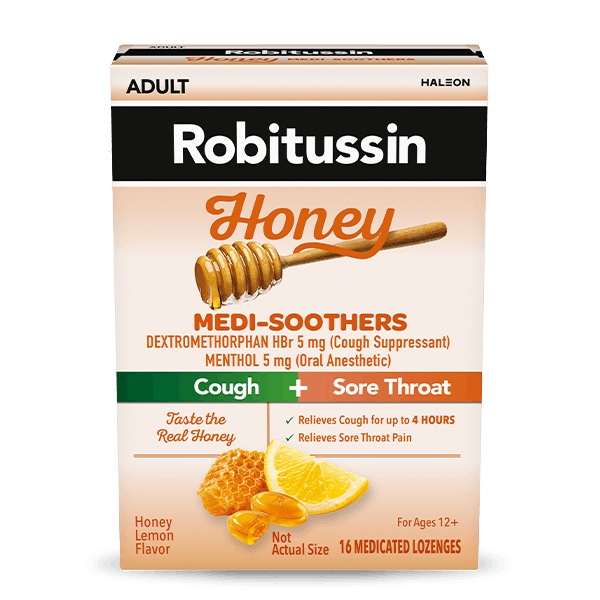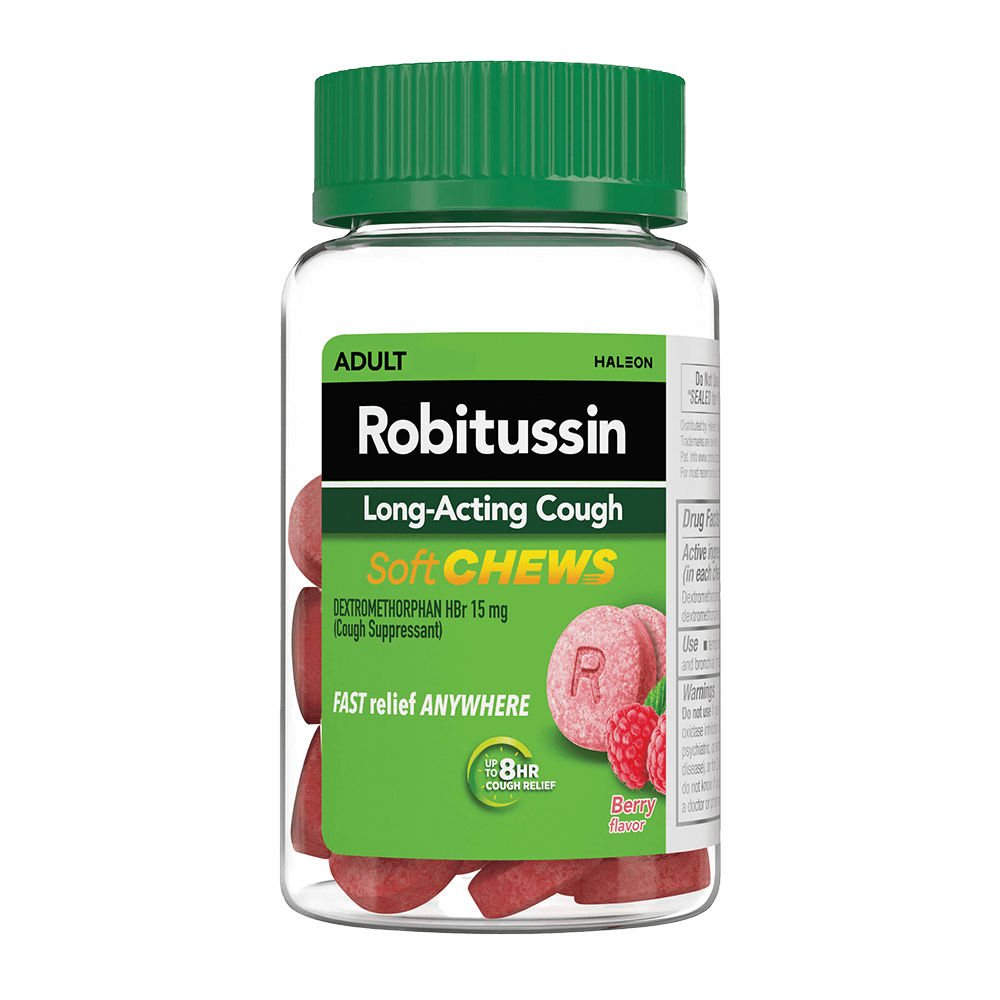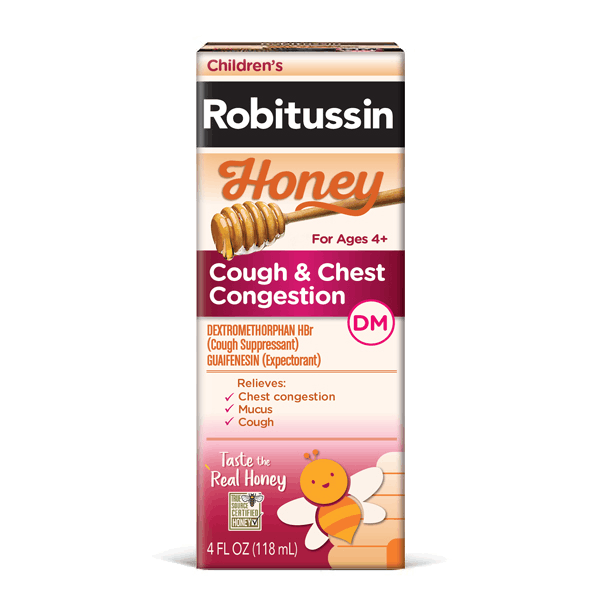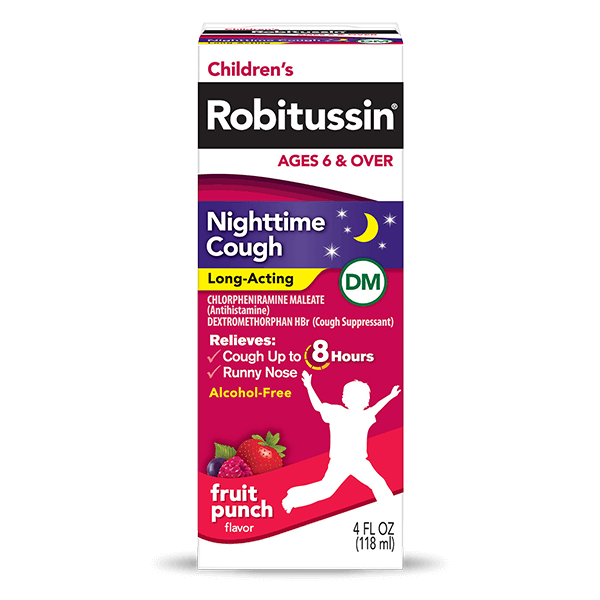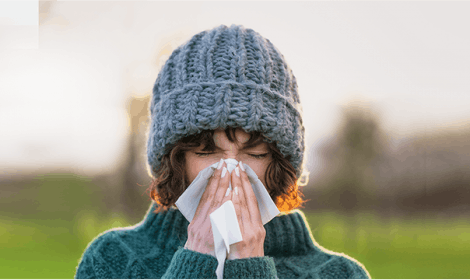Why Do I Cough at Night?
An occasional cough during the day is a normal and healthy reflex that our body uses to keep us healthy. However, coughing at night can interrupt your good night’s sleep, and you might feel like your cough is worse when you’re lying down. Keep reading to find out what a cough is, why you cough at night, how to relieve your nighttime cough and what you can do to lessen your persistent cough in general.

What Is a Cough?
Coughing is a reflex your body uses to rid your throat of irritants.1 When one of those irritants stimulates the nerves in your throat or airways, the nerves send a message to your brain. The brain tells your chest and abdomen to have your lungs push the irritant out of the affected area.1 When you cough, your body pushes air out of your lungs and through your throat to clear out germs, mucus, and dust.2 In cases like these, coughing from time to time is normal and healthy.
While there are many different types of coughs, a few common examples are:2
- Acute cough: An acute cough is usually the least serious type. It can last up to three weeks, and it typically relieves itself.
- Chronic cough: A chronic cough is a more serious type. It can last longer than eight weeks, and it might be a sign of a more serious health concern.
- Productive cough: A productive cough is a type that includes mucus or phlegm coming up your throat. Depending on the color of the mucus or phlegm and if blood is present, it can be a sign of a bigger health issue.
- Dry cough: A dry cough is also known as a nonproductive type. This happens when you cough, but mucus doesn’t come up your throat.
The type of cough you experience can change depending upon any other symptoms you have. It can also change based on the weather, your diet, your daily habits and your nighttime activity.
Causes of Coughing When Lying Down
An occasional cough throughout the day can turn into a persistent cough right when you’re trying to go to sleep. There are some environmental causes and health causes for a common cough.
A few causes of the common cough that last less than two months are:2
- Irritants like germs, dust, fumes and vapors
- Allergies such as hay fever or rhinitis
- Respiratory tract infections (bronchitis, pneumonia)
- Heart failure
- Asthma
- Tobacco smoke
Some things in your control, like smoking, and things outside of your control, like the time of day, can worsen your cough. You might notice that your occasional daytime coughing gets more persistent at night when you lie down for bed. There are some common causes of why you might cough at night. Some of these causes are:
- Post-nasal drip:3 Post-nasal drip is usually caused by allergies, viral infections, sinus issues, and irritants. It happens when mucus drips from the back of your nose and gathers in your throat.4 It is one of the most common causes of a persistent cough.5
- Acid reflux:3 Acid reflux or gastroesophageal reflux disease (GERD) happens when your stomach contents come back up into your esophagus.6 Nighttime acid reflux can cause you to have a chronic cough while you’re lying down.7
- Gravity: When you lie down at night, you don’t have the same level of gravity that you have when you stand throughout the day.3 Lying down can increase your risk of acid reflux and post-nasal drip, and those factors can cause a persistent nighttime cough.
You should consult with your healthcare provider if your cough doesn’t go away after a few weeks or if your cough:8
- Produces a thick, greenish-yellow phlegm
- Produces blood or a pink phlegm
- Causes you to wheeze
- Is paired with a fever
- Makes it hard for you to breathe
- Causes you to choke or vomit
- Causes pain in your chest
How to Relieve a Nighttime Cough
Even if you have an occasional cough throughout the day, there are things you can do to make sure you get a good night’s sleep when you lie down. To lessen the chances of coughing at night, or to relieve a nighttime cough, you can:3,5,8
- Avoid dust, smoke and other irritants that cause coughing
- Drink at least eight 8-ounce glasses of water a day
- Gargle with warm salt water before sleeping
- Inhale steam with a humidifier or hot shower to moisten the throat
- Buy your dog, cat or other pet with fur their own bed to sleep in so that their fur doesn’t irritate your airways
- Prop your head and upper body up with extra pillows to improve your gravitational level
- Try an over-the-counter medication like Robitussin’s Cough + Chest Congestion DM that controls and relieves cough and thins mucus to help relieve chest congestion
Robitussin’s over-the-counter products include active ingredients that relieve your cough whether it’s a dry cough or one that contains mucus. Choose the formula that’s right for your specific symptoms to help relieve your cough throughout your daily activities, or provide effective nighttime relief of cough and cold symptoms.
Source Citations:
- Cough. Mayo Clinic. https://www.mayoclinic.org/symptoms/cough/basics/definition/sym-20050846/. Accessed 8/17/21.
- Learn About Cough. American Lung Association. https://www.lung.org/lung-health-diseases/warning-signs-of-lung-disease/cough/learn-about-cough/. Accessed 8/17/21.
- What causes that terrible nighttime cough? The Ohio State University: Wexner Medical Center. https://wexnermedical.osu.edu/blog/nighttime-cough/. Accessed 8/17/21.
- Post-nasal Drip. American Academy of Otolaryngology-Head and Neck Surgery: ENT health. https://www.enthealth.org/conditions/post-nasal-drip/. Accessed 8/17/21.
- Treatments for post-nasal drip. Harvard Health Publishing: Harvard Medical School. https://www.health.harvard.edu/staying-healthy/treatments-for-post-nasal-drip/. Accessed 8/17/21.
- Acid Reflux (GER & GERD) in Adults. National Institute of Diabetes and Digestive and Kidney Diseases. https://www.niddk.nih.gov/health-information/digestive-diseases/acid-reflux-ger-gerd-adults/. Accessed 8/17/21.
- Gastroesophageal reflux disease (GERD). Mayo Clinic. https://www.mayoclinic.org/diseases-conditions/gerd/symptoms-causes/syc-20361940/. Accessed 8/17/21.
- Chronic Cough. Cleveland Clinic. https://my.clevelandclinic.org/health/diseases/15048-chronic-cough-overview/. Accessed 8/17/21.
